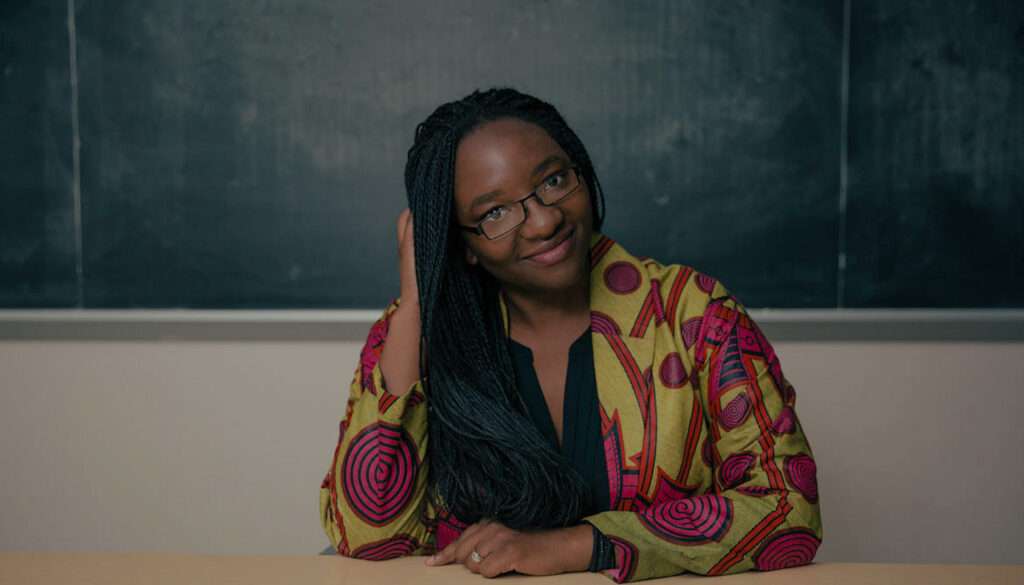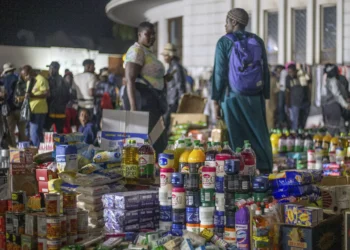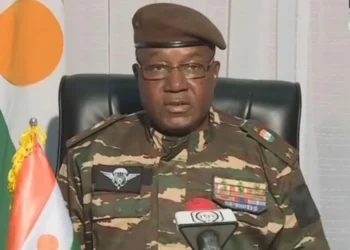Mozambique’s political landscape is fraught with uncertainty following the Constitutional Council’s decision to uphold the ruling Frelimo Party’s victory in the recent presidential elections.
President Daniel Chapo was declared the winner with 65.17% of the vote — a revision from the initial 70% — while opposition leader Venâncio Mondlane received 24.29%.
Despite acknowledging electoral irregularities, the Council ruled these issues did not significantly impact the results. However, this decision has sparked widespread protests, resulting in over 130 deaths, and has raised concerns about the nation’s stability.
In an exclusive interview with The Vaultz News, Dr. Chipo Dendere, a political scientist, delved into the unfolding crisis, discussing the opposition’s claims of electoral fraud, the role of Mozambique’s judiciary, and the potential for civil unrest.
The opposition, led by Mondlane, has accused the ruling party of engaging in widespread electoral malpractice. These allegations include voter suppression and ballot tampering, which they argue significantly undermined the credibility of the elections.
Dr. Dendere noted, “Reports suggest that many voters, particularly in opposition strongholds, were removed from electoral rolls, effectively disenfranchising them.”
She further elaborated on claims of ballot tampering, citing evidence of pre-filled ballots favoring Frelimo and instances of vote counting under questionable conditions. “There were reports of ballots being counted by candlelight due to power outages that opposition leaders claim were deliberately orchestrated by Frelimo agents,” she explained.
International observers, including the European Union Election Observation Mission, have also flagged irregularities, such as vote buying and voter intimidation.
Despite this, the Constitutional Council dismissed the claims as insufficient to overturn the results, a decision Dr. Dendere described as unsurprising. “The Council’s ruling reinforces the perception that challenging election outcomes through legal means is unlikely to succeed, especially given their authority and findings,” she said.
Despite their allegations of fraud, the opposition has notably refrained from pursuing legal action. Dr. Dendere attributed this to a deep-seated mistrust in Mozambique’s judicial system, which many believe is heavily influenced by the ruling party. “The opposition likely views the judiciary as compromised, with little hope of impartiality. This lack of trust makes legal challenges seem futile,” she remarked.
Beyond judicial skepticism, the opposition appears to be focusing its efforts on public mobilization. Dr. Dendere highlighted the strategic nature of this approach, stating, “Rather than engaging in a legal battle they expect to lose, opposition leaders are prioritizing protests and strikes to rally public support.”
She also emphasized the risks of repression, noting the government’s history of violent crackdowns on dissent. “Opposition leaders may fear that pursuing formal legal avenues could provoke even harsher retaliation from state forces,” she added.
Erosion of Public Trust
The Constitutional Council’s acknowledgment of irregularities without deeming them significant enough to affect the outcome has further eroded public trust in Mozambique’s electoral system. Dr. Dendere argued, “This ruling sends a troubling message to the public—that systemic corruption and manipulation are tolerated at the highest levels of governance.”
For many citizens, this has only deepened their frustration with the political system.
“Opposition supporters feel disenfranchised and betrayed. This sense of injustice is fueling protests and could lead to more widespread unrest.”
Dr. Chipo Dendere

The ongoing demonstrations, marked by violence and fatalities, are a stark reflection of this growing discontent.
Dr. Dendere stressed the importance of international oversight in restoring public confidence in Mozambique’s electoral process. “Independent observers play a critical role in enhancing transparency and accountability during elections,” she said, adding that their presence can deter fraud and ensure fairness.
She also highlighted the need for international mediation to address grievances. “Dialogue between the government and opposition, facilitated by neutral parties, could pave the way for reforms that strengthen the integrity of future elections,” she suggested.
Amid rising tensions, concerns about Mozambique descending into civil war are growing. Dr. Dendere pointed to several factors that could escalate the crisis, including the country’s history of political violence and deep economic disparities.
“Mozambique’s past conflicts between Frelimo and Renamo have left unresolved wounds. Coupled with poverty and unemployment, these factors create fertile ground for unrest.”
Dr. Chipo Dendere
She also warned about the risks of state repression, stating, “Heavy-handed tactics by security forces often provoke violent backlash, which can spiral into broader conflict.” The lack of dialogue between the ruling party and the opposition further compounds the issue, leaving little room for compromise.
“Without meaningful reforms and a commitment to dialogue, Mozambique risks sliding into deeper instability. The current trajectory is unsustainable, and both sides must work toward a peaceful resolution.”
Dr. Chipo Dendere
As protests continue and tensions rise, the eyes of the world remain on Mozambique, where the choices made in the coming months could determine whether the nation finds stability or succumbs to conflict.





















